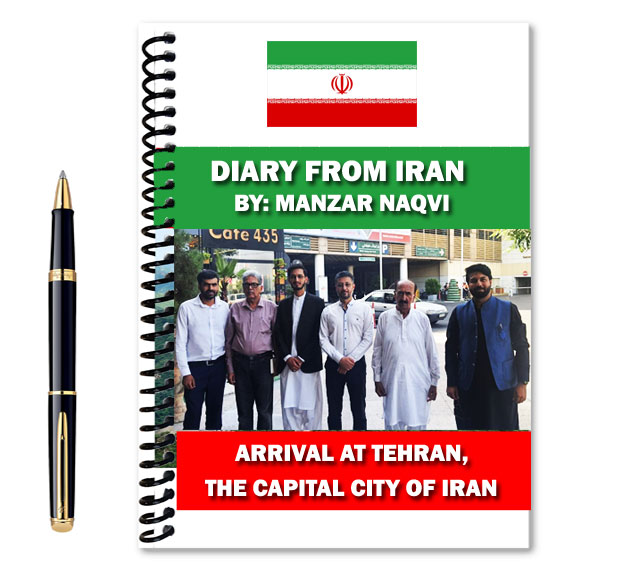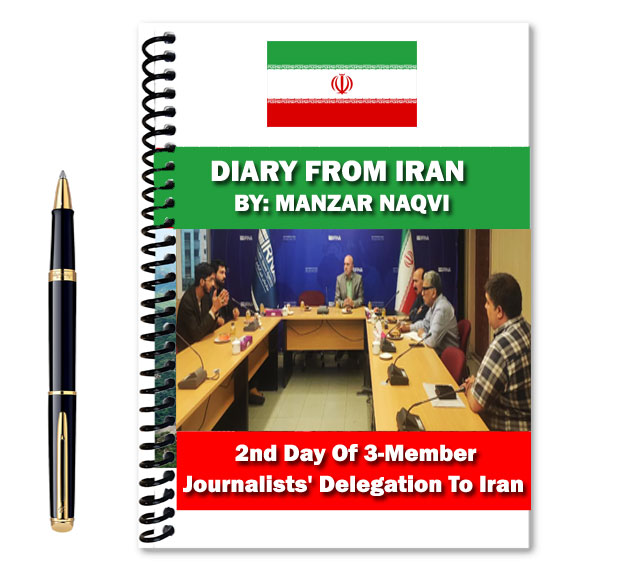Monitoring Desk
ISLAMABAD: Pakistan’s long-term foreign currency issuer default rating (IDR) received a boost as global rating agency Fitch upgraded it from ‘CCC-‘ to ‘CCC’ on Monday.
The upgrade was attributed to enhanced external liquidity and improved funding conditions, which were a result of the recent staff-level agreement between Pakistan and the International Monetary Fund (IMF) on a nine-month Stand-by Arrangement (SBA) in June.
The country had secured a badly-needed $3 billion short-term financial package from the IMF earlier this month, giving the economy a much-awaited respite as it teeters on the brink of default.
The executive board of the IMF will meet on July 12 to review the $3 billion Stand-by Arrangement (SBA) for Pakistan.
“We expect the SLA to be approved by the IMF board in July, catalysing other funding and anchoring policies around parliamentary elections due by October,” Fitch said in a statement while talking about IMF-driven reforms taken by the government.
However, the rating agency said the IMF programme implementation and external funding risks remain due to a volatile political climate and large external financing requirements.
The statement said that Pakistan has recently taken measures to address shortfalls in government revenue collection, energy subsidies and policies inconsistent with a market-determined exchange rate, including import financing restrictions. “These issues held up the last three reviews of Pakistan’s previous IMF programme, before its expiry in June,” it added.
Most recently, it said, the government amended its proposed budget for the fiscal year ending June 2024 (FY24) to introduce new revenue measures and cut spending, following additional tax measures and subsidy reforms in February.
“The authorities appeared to abandon exchange-rate management in January 2023, although guidelines on prioritising imports were only removed in June.”
The rating agency said that Pakistan has an extensive record of going off-track on its commitments to the IMF. “We understand the government has already made all the required policy actions under the SBA. Nevertheless, there is still scope for delays and challenges to implementation as well as new policy missteps ahead of the October elections and uncertainty over the post-election commitment to the programme,” it added.
The statement said that the IMF board approval of the SBA will unlock an immediate disbursement of $1.2 billion, with the remaining $1.8 billion scheduled after reviews in November and February 2024.
“Saudi Arabia and the United Arab Emirates have committed another USD3 billion in deposits, and the authorities expect USD3-5 billion in other new multilateral funding after the IMF agreement.”




